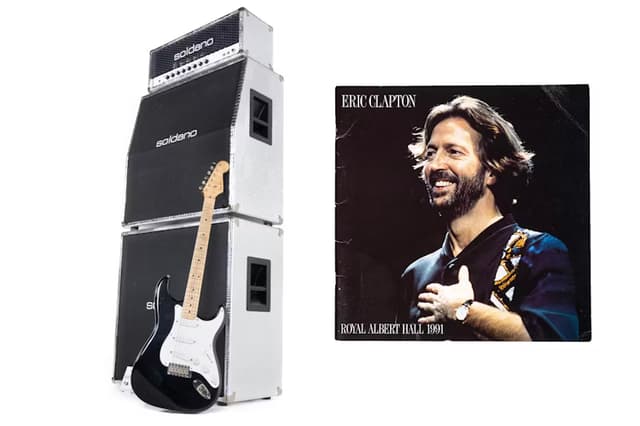Luxury Vehicles as Investment Assets: A Guide to Investing in Collectible Cars

When seeking alternative investments, luxury and collectible automobiles have emerged as a distinct asset class, offering both potential financial returns and the pleasure of ownership. Understanding this market requires deep knowledge of both automotive history and investment principles.
The Investment Landscape
The luxury car market has shown remarkable resilience and growth over the past decades, with certain models appreciating significantly in value. This appreciation stems from various factors that savvy investors must understand to make informed decisions.
Market Dynamics
The collector car market operates under unique principles:
- Limited supply of authentic vintage vehicles
- Growing global demand from emerging markets
- Increasing interest from younger collectors
- Impact of technological advances on classic car values
- Influence of auction houses and private sales networks
Categories of Investment Vehicles
Classic Cars
- Post-war European sports cars
- American muscle cars
- Pre-war luxury automobiles
- Racing cars with significant history
- Limited production models
Modern Supercars
- Limited edition hypercars
- Flagship models from prestigious manufacturers
- Special commission vehicles
- Final editions of iconic models
- Track-only versions
Emerging Classics
- Modern limited-production vehicles
- Special edition performance cars
- Significant technological milestone vehicles
- Last examples of manual transmission models
- Low-production specialty variants
Value Drivers in Luxury Car Investment
Understanding what drives value is crucial for successful investment:
- Provenance: Documented ownership history, competition history, celebrity connection, original documentation, factory build records
- Condition: Original versus restored state, quality of restoration work, matching numbers components, period-correct details, maintenance history
- Rarity: Production numbers, surviving examples, special features or options, original color combinations, market region specifications
Investment Strategies
Successful luxury car investment requires a well-planned strategy:
Acquisition Approaches
- Direct purchase from collectors
- Auction acquisition
- Private dealer networks
- Estate sales
- Manufacturer relationships
Portfolio Diversification
- Multiple eras representation
- Various marques and models
- Different price points
- Geographic market spread
- Condition variations
Market Research and Due Diligence
Thorough research is essential before any acquisition:
Historical Analysis
- Past sales data
- Price trend analysis
- Market cycle understanding
- Model-specific variations
- Production numbers verification
Technical Assessment
- Mechanical condition evaluation
- Authenticity verification
- Restoration quality assessment
- Parts availability analysis
- Maintenance requirements
Storage and Maintenance
Proper care is crucial for maintaining value:
Storage Facilities
- Climate-controlled environments
- Security systems
- Fire protection
- Insurance requirements
- Access management
Maintenance Programs
- Regular service schedules
- Specialist technician networks
- Parts sourcing strategies
- Documentation systems
- Preservation techniques
Market Timing and Exit Strategies
Understanding when to buy and sell is crucial:
Market Indicators
- Auction result trends
- Private sale prices
- Market sentiment analysis
- Generation interest shifts
- Economic cycle impact
Exit Planning
- Sales channel selection
- Timing considerations
- Market condition assessment
- Target buyer identification
- Transaction structuring
Risk Management
Investment in luxury vehicles carries specific risks:
Market Risks
- Value fluctuation
- Changing collector preferences
- Economic impact on luxury markets
- Regulatory changes
- Technology disruption
Physical Risks
- Damage during transport
- Storage-related issues
- Deterioration over time
- Accident damage
- Natural disasters
Future Market Trends
Understanding emerging trends helps inform investment decisions:
Technology Impact
- Electric vehicle collectibles
- Digital documentation systems
- Modern classics market evolution
- Autonomous vehicle influence
- Sustainability considerations
Market Evolution
- New collector demographics
- Changing value drivers
- Digital sales platforms
- Global market integration
- Environmental regulations
Professional Support Network
Building a reliable network is essential:
Key Relationships
- Specialist dealers
- Restoration experts
- Transport companies
- Insurance providers
- Legal advisors
Information Sources
- Market publications
- Auction house reports
- Collector clubs
- Expert consultants
- Online databases
Conclusion
Luxury vehicle investment represents a unique opportunity to combine passion with potential financial returns. Success in this market requires careful research, expert guidance, and a long-term perspective. As the market continues to evolve, understanding both traditional value drivers and emerging trends becomes increasingly important for investors in this exciting asset class.


